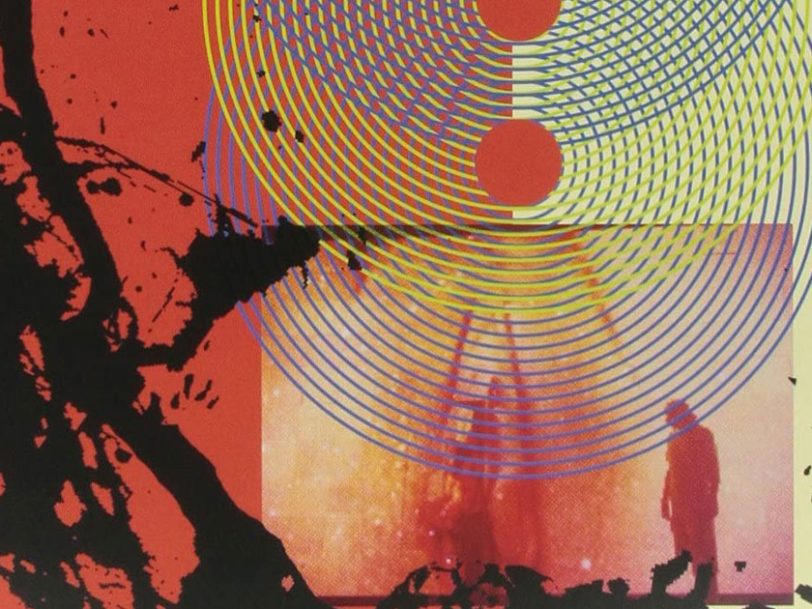It’s 1997. The new millennium is approaching, and with it a growing case of Y2K fever. Everywhere, artists are questioning everything they think they know about themselves, working out ways to survive in a new era far different to the one they came up in: Radiohead have released OK Computer. Bjork has released Homogenic. Blur have released their self-titled album. All these records found their creators interrogating the act of music-making in a rapidly changing technological landscape, but none did so more radically than The Flaming Lips, whose eighth album, Zaireeka, dismantled the idea of what an album could be, and rethought how listeners could experience music. Pegged by Julian Cope as “the experimental album to end all experimental albums”, Zaireeka took the listener beyond a simple auditory experience and into something wholly immersive that no other record before or since has been able to offer.
Spread across four CDs designed to be played simultaneously, Zaireeka also marked a vital shift in The Flaming Lips’ evolution. With songwriting that more than matched the scope of their ambition, the album took the group from being a cult alt-rock outfit with a quirky hit single to a visionary act capable of tackling big questions about life, death and what it meant to be a band working in the late 90s.
“We really did believe this whole other universe existed for us to create in. And I think it really did change the structure of what we thought a song could be for us,” The Flaming Lips’ frontman, Wayne Coyne, told this author in 2020, in an interview for Record Collector magazine. “Now it’s insane,” he said of Zaireeka. “It’s the most insane record ever.”




